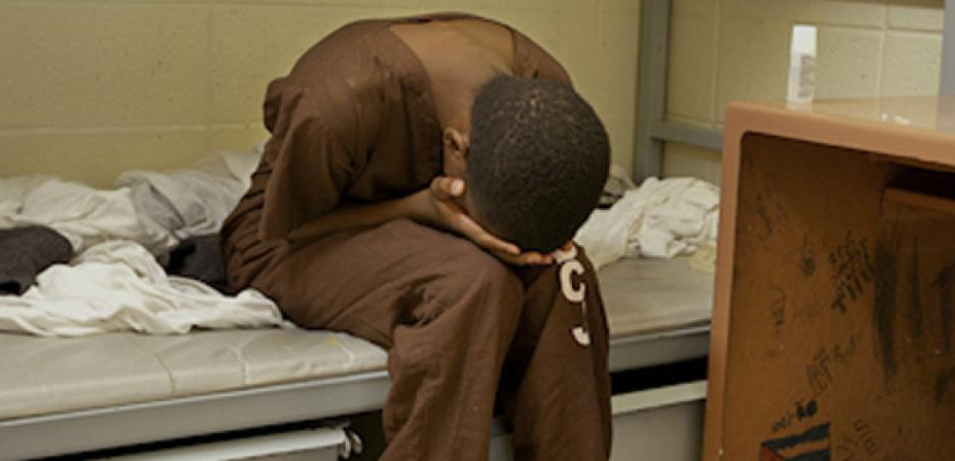Femi Oke [February 2025; Nigeria]
The growing abuse of Tapentadol in Nigeria is an urgent concern that must be addressed before it spirals into an epidemic akin to the tramadol crisis. This opioid, originally developed for pain management, is increasingly finding its way into the hands of young boys, motorcyclists, and even schoolchildren seeking an artificial escape from life’s hardships. If society does not act swiftly, many of these boys will find themselves in juvenile delinquency centres, having been caught in a destructive cycle of addiction, crime, and wasted potential.
Having lived in South Africa for 13 years, I have witnessed first-hand the devastating impact of drugs like Nyaope—a lethal street drug made from a cocktail of heroin, marijuana, rat poison, and other dangerous substances. Nyaope has destroyed thousands of young lives, pushing them into crime, violence, and eventual death. Many of these boys, once full of promise, now roam the streets as shadows of their former selves, stealing, killing, and committing heinous crimes to sustain their addiction.
Nigeria and other African countries must urgently take decisive steps against Tapentadol before it becomes our own version of Nyaope.
What Must Be Done?
1. Strengthening Drug Laws and Enforcement
Current drug control measures are insufficient. Authorities must tighten regulations on the sale and distribution of Tapentadol, ensuring that it is only available through prescription. Street markets and unlicensed vendors who illegally distribute these drugs must face stiff penalties. The National Drug Law Enforcement Agency (NDLEA) must also increase surveillance at border points to curb the smuggling of synthetic opioids.
A recent BBC undercover investigation (BBC, 2024) exposed how an Indian pharmaceutical firm has been fuelling the opioid crisis by illegally supplying Tapentadol to the black market. This revelation highlights the global nature of the problem and the urgent need for Nigerian authorities to monitor and restrict illegal imports.
2. Educating Parents, Schools, and Communities
Most parents and teachers do not recognise the warning signs of opioid abuse. Community-driven awareness campaigns are needed to educate people about the dangers of Tapentadol. Schools should incorporate drug education into their curricula, teaching students the long-term consequences of substance abuse.
3. Providing Economic and Social Opportunities for Young Boys
Drug abuse often thrives in poverty-stricken areas, where young people feel hopeless about their future. Governments must invest in vocational training, mentorship programmes, and job creation initiatives to keep young boys meaningfully engaged. If they have access to productive work and education, they will be less likely to turn to drugs for solace.
4. Expanding Rehabilitation and Counselling Services
Currently, rehabilitation centres in Nigeria are inadequate. Many families cannot afford private rehabilitation, leaving addicted youths without help. The government, faith-based organisations, and private institutions must collaborate to establish more affordable, accessible rehab centres.
A Race Against Time
Nigeria and other African nations must act now before Tapentadol addiction escalates into a full-blown crisis. The lessons from South Africa’s Nyaope epidemic should serve as a warning. If we fail to curb this menace today, we risk losing an entire generation of young boys to addiction, crime, and destruction. The time for action is now.






